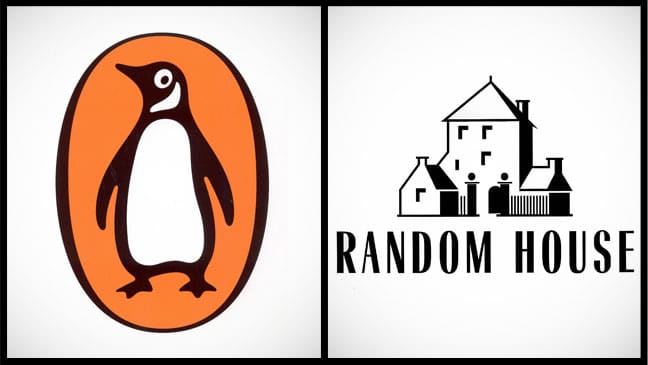Penguin Random House India has announced its transition to 100% recycled paper for books. Ajay Joshi, the company’s vice president for supply chain and production, told Publishing Perspectives:
“Penguin recognizes the immense responsibility we shoulder as users of paper. Therefore, being eco-friendly and having sustainable practices are of utmost importance. We were one of the first players in India to adopt FSC mix-certified paper, and transitioning to a superior quality recycled paper was the next logical step.”
Joshi refers to Forest Stewardship Council, a nonprofit timber-certification organization based in Bonn. And today’s news is timely in the context of the upcoming United Nations COP28 in Dubai (November 30 to December 12). In the event’s run-up, Simon Jessop at Reuters writes:
“Half of the world’s 2,000 biggest listed companies have set a target to get to net-zero emissions by mid-century, but just a fraction meet tough United Nations guidelines for what constitutes a quality pledge, a report on Monday showed. With Net Zero Tracker spotting a 40-percent rise in corporate targets from Forbes2000 index companies, just 4 percent of the targets meet the criteria laid down by the UN’s Race to Zero campaign.”
According to Sanji Gupta, COO of Penguin Random House India, the publishing industry needs to address environmental challenges related to using paper. The company has been testing 100% recycled, sustainable, quality paper for books, assuring organic source and ecological production without diminishing the reading experience.
“This development aligns with the energy and environmentally efficient practices we’ve been adapting over time.”
PRH India is sourcing fully recycled paper from an Indian paper mill that commits to developing papers to meet Penguin’s quality requirements. The paper has many benefits, such as:
- It’s made entirely from paper waste, which means less waste in landfills.
- No use of chlorine for bleaching means reduced production of harmful waste in manufacturing.
- The production emits 30% less carbon dioxide and uses less energy and water.
The initiative has already begun, with some of the publisher’s text content being printed on the new paper.
Joshi says:
“We were aware that this wouldn’t be a rushed job. Market challenges prolonged our search far beyond our initial expectations, and it took us an additional six months of paper sampling before it met our company’s standards.”
Joshi adds that PRH India will continue advancing its initiatives toward an eco-friendly environment. Besides using recycled paper, they are making efforts to reduce plastic use in the supply change by switching to biodegradable or recycled plastic materials.
Navkiran Dhaliwal is a seasoned content writer with 10+ years of experience. When she's not writing, she can be found cooking up a storm or spending time with her dog, Rain.


